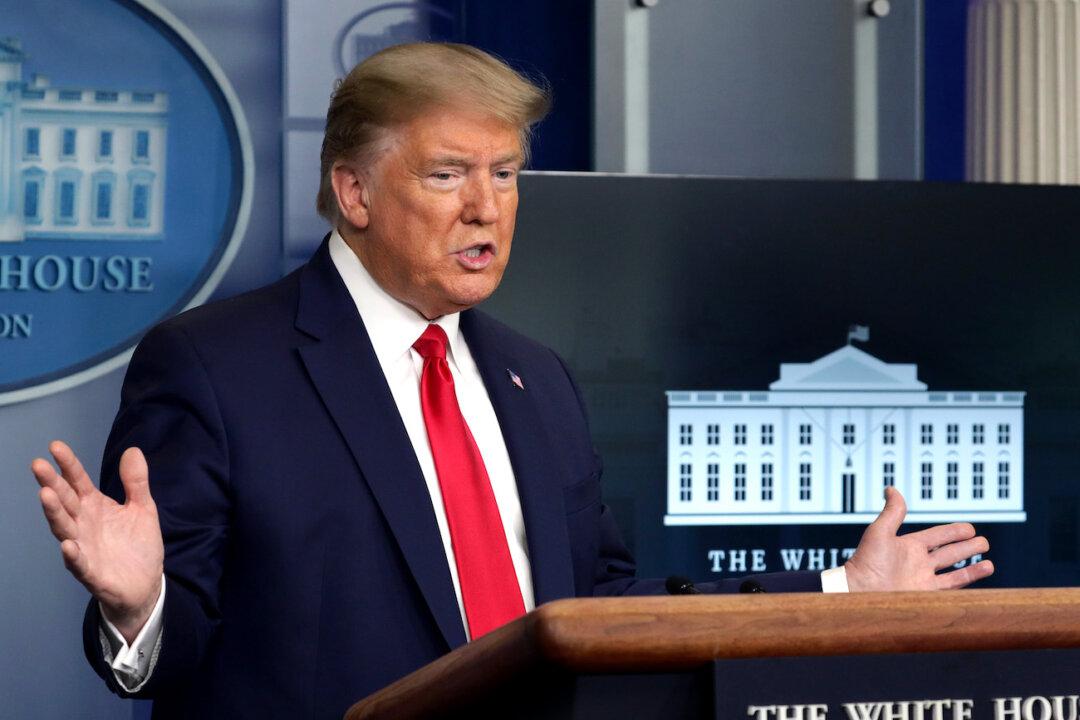President Donald Trump and New York Gov. Andrew Cuomo, one of the most prominent Democrats in the United States, are disagreeing over who has the power to reopen the country, which has largely shut down in response to the COVID-19 pandemic.
Two coalitions announced by nine Democratic governors, including Cuomo and Massachusetts Gov. Charlie Baker, appear to take aim at Trump’s authority, with the governors saying they'd form plans on when and how to start reopening their states, with little mention of the president.





